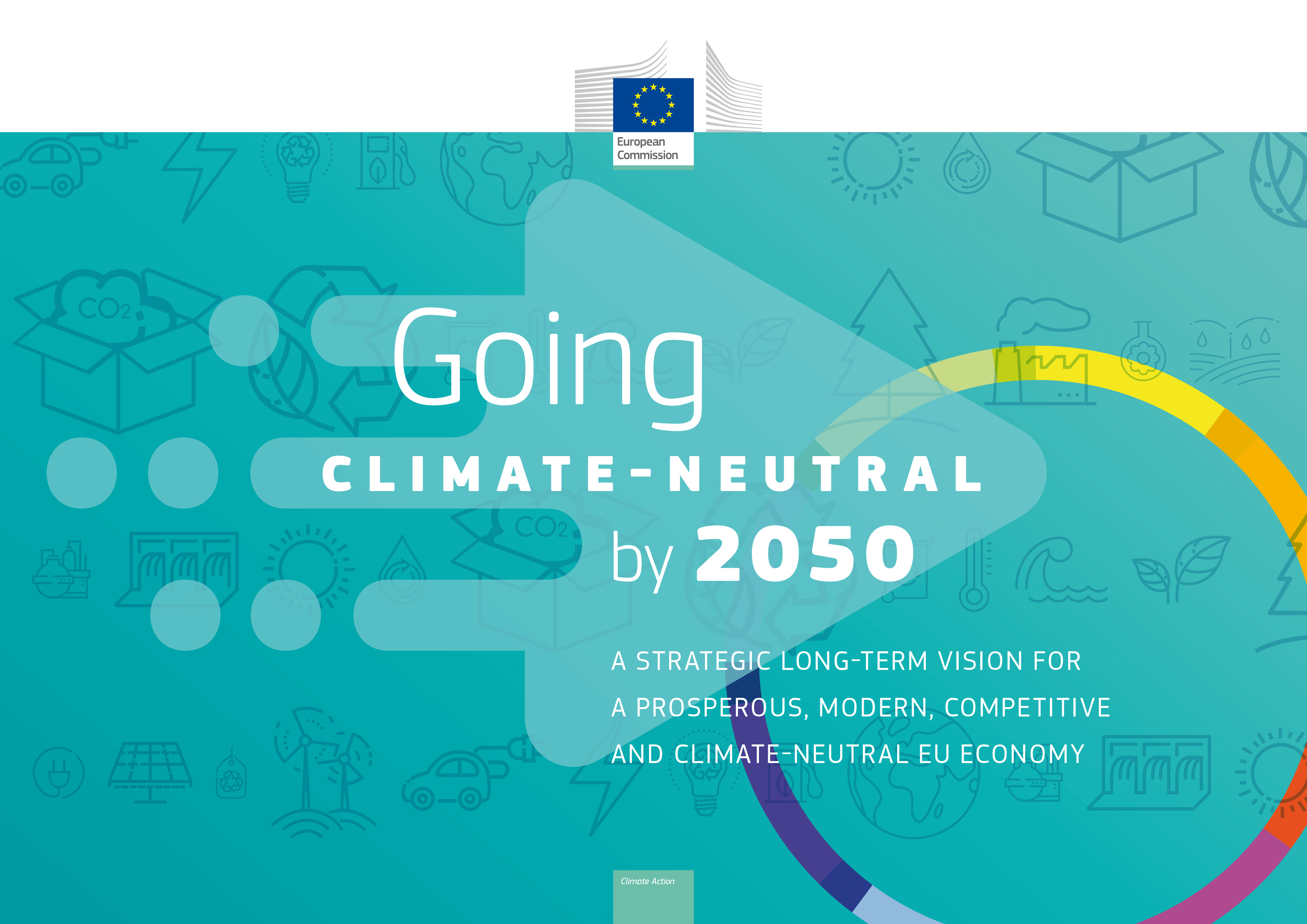Defending subsidiarity and complementarity in energy policy
Our member organisation, the European Federation of Executives in Energy and Research (FECER), advocates for a comprehensive approach to research, development, and the construction and operation of low-carbon energy facilities across Europe.
The European Federation of Executives in Energy and Research stresses the importance of subsidiarity
The organisation represents managers in the energy sector across several European countries, advocating for a balanced and pragmatic approach to Europe’s energy transition.
FECER‘s call reflects on the varied energy policies across European nations, shaped by historical, geographical, and economic factors and understands the differences among EU countries when dealing with smart change and energy transition in the workplace.
In general terms, FECER emphasizes that Europe should harness its diverse strengths rather than compete internally. It also recognises that the real challenges lie outside Europe, particularly in Beijing, Washington, and Moscow.

The organisation stresses the importance of subsidiarity, allowing each European state and region to pursue its path to low-carbon energy production while maintaining European solidarity.
FECER calls for collaborative efforts in energy research, including nuclear waste recycling, renewable energy technologies, battery innovation, and hydrogen production.
CEC European Managers‘ member organisation highlights the need for strengthened European energy networks to support the transition to low-carbon energy.
To achieve the EU’s climate goals, FECER urges the European Parliament to maintain technological neutrality in its policy decisions, avoiding ideological biases.
CEC European Managers’ Smart Change position paper
The “Smart Change 2024 Position Paper“ by CEC European Managers’ Working Group on Smart Change led by our former Deputy Secretary General, Marco Vezzani, showcased a comprehensive strategy for Europe’s transition to a sustainable and competitive future, emphasizing the role of European managers in driving this transformation.

The paper introduces the idea of smart change, which advocates for a series of actions in which leaders and managers play a crucial role.
The Smart change approach is essential for adopting new technologies and organisational structures to achieve sustainable development, global competitiveness, and energy transition.
Enhancing education, fostering innovation, adapting leadership models, and managing the energy transition with an emphasis on low-carbon technologies are some of the key areas of CEC European Managers‘ position paper.
CEC‘s vision of the role managers play aligns closely with the FECER‘s call for a diverse and unified approach to low-carbon energy development in Europe.
Both CEC’s position paper and FECER’s statement stressed the importance of collaboration, research, and innovation in achieving the EU’s climate goals.
In that sense, FECER‘s emphasis on subsidiarity and technological neutrality echoes the CEC’s call for “smart change,” where managers play a pivotal role in navigating Europe’s energy transition, ensuring that technological advancements align with regional and national strengths while maintaining European solidarity.
The role of leaders
Together, these papers advocate for a pragmatic, manager-led approach to Europe’s sustainable energy future, leveraging diverse resources and expertise across the continent.
Europe needs strong leaders who are the architects of resilience
Decision makers should prioritize tangible commitment to support initiatives such as “reshoring,” fostering innovation, investing in research and development (R&D), and providing comprehensive training programs.
By strategically focusing on these pillars, European institutions can lay the foundation for enhanced economic resilience and competitiveness.
Europe needs strong leaders who are the architects of resilience, orchestrating adaptive strategies that position the EU at the forefront of innovation, safeguarding economic interests while moving towards a cleaner, more sustainable future.





